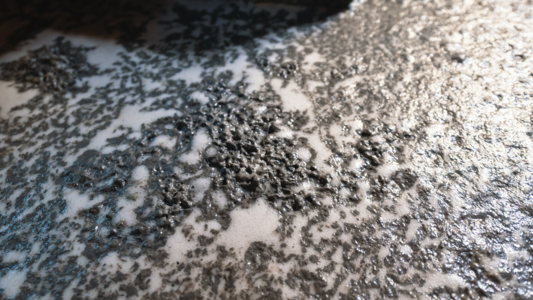
Meet innovation specialist María José Astudillo Rodríguez
Civil Chemical Engineer María José Astudillo Rodríguez has an important role to play in fostering a culture of innovation at Molycop and ensuring the company’s innovation efforts target the needs of Molycop customers.
Read More







.png?h=300)

